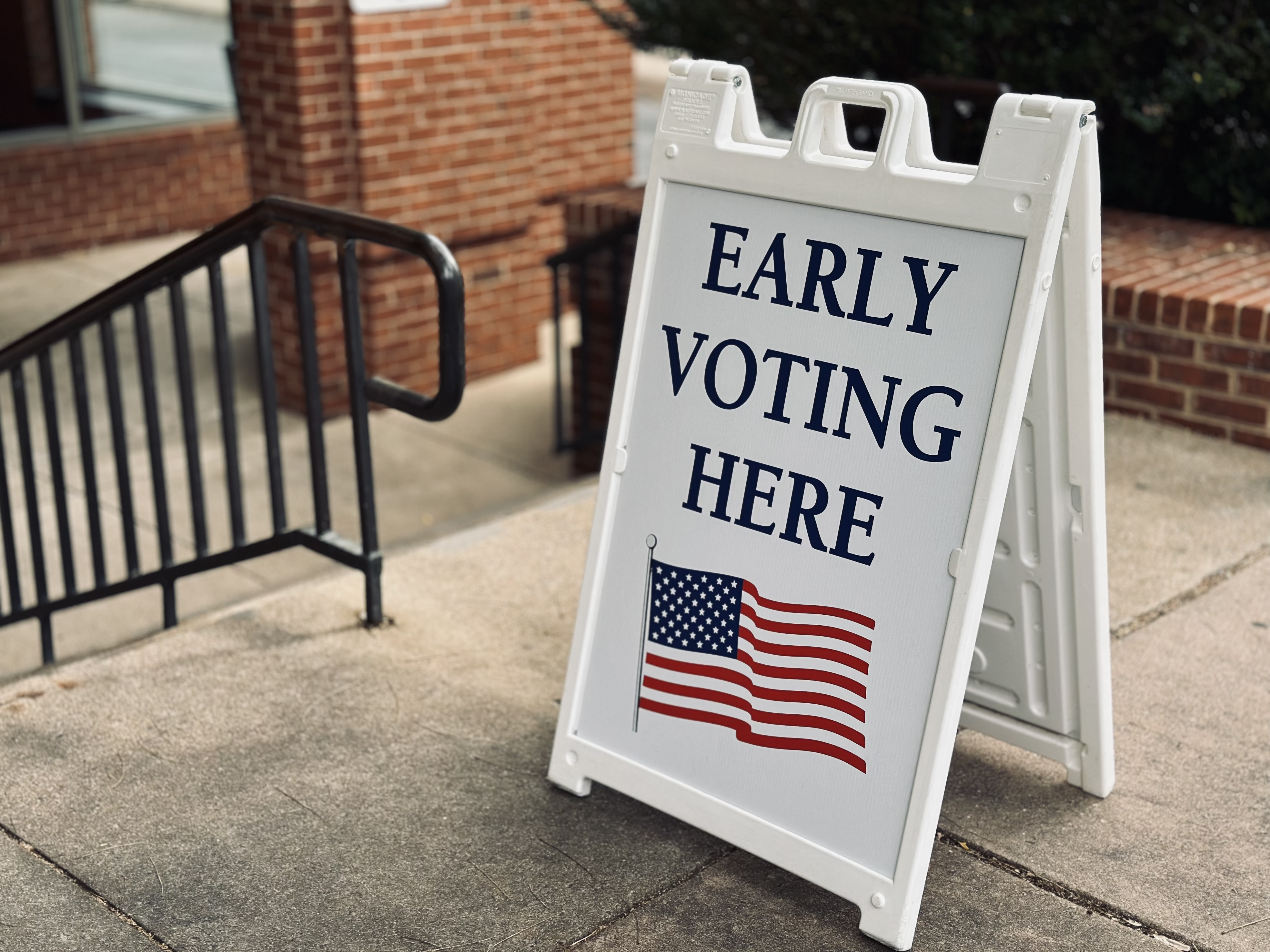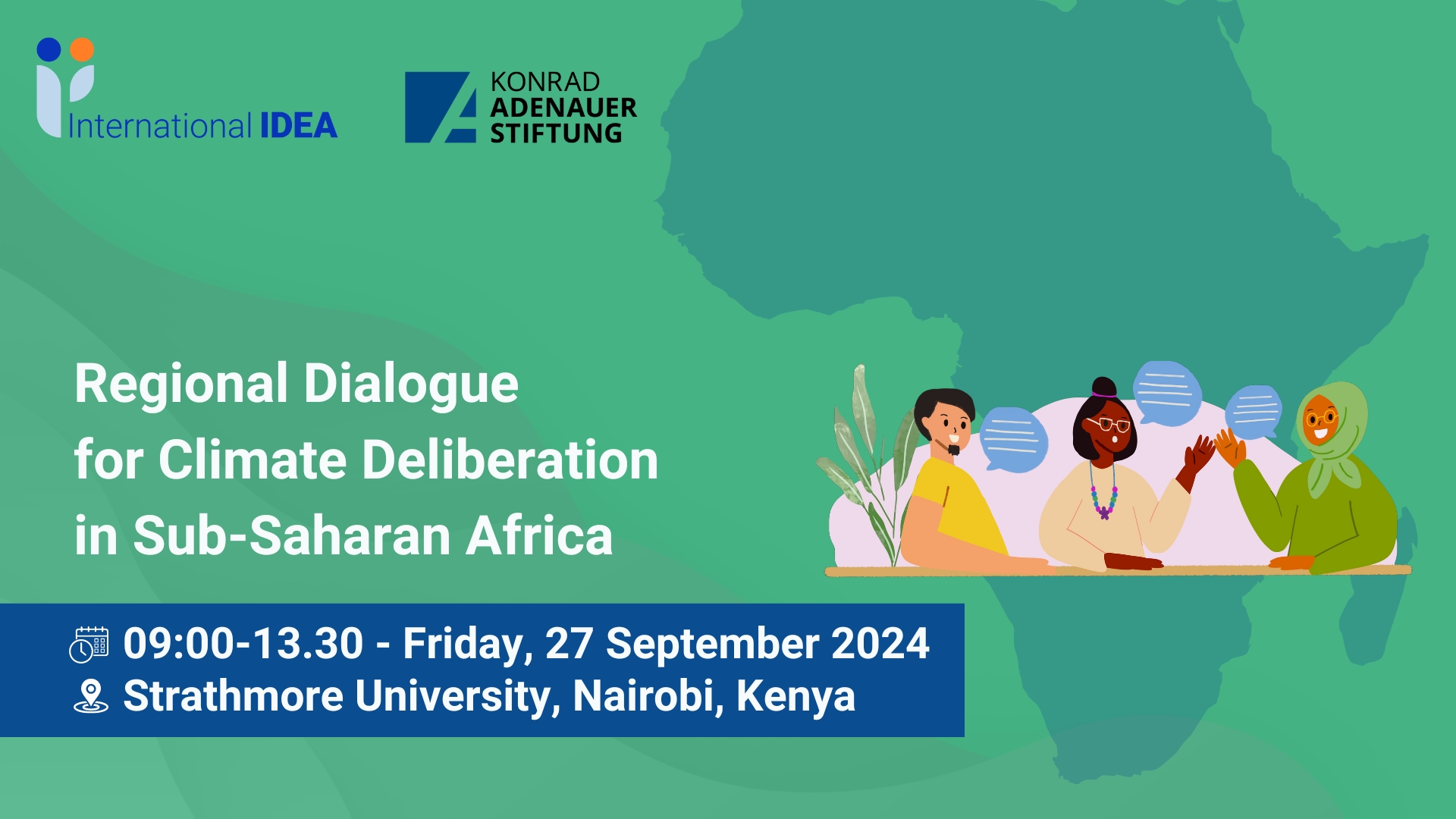On 15 June some 32,975,158 registered voters made their way to 89,391 polling stations across Colombia for the second round of voting to elect president and vice president for the 2014-18 term.
Under Colombian law, reformed in 1991, a second round (or ballotage) is required when none of the candidates receives the required majority of 50% plus one of the votes. In this case, the candidates running for the presidency were Oscar Iván Zuluaga, former Minister of Finance in President Uribe’s administration (and the candidate for the Partido Centro Democrático), and Juan Manuel Santos, the current President (and candidate for the Coalición Unidad Nacional). In the first round which took place in May, Zuluaga obtained 29.25% of the vote, while Santos obtained 25.69%.
In this second round, Juan Manuel Santos obtained 50.95%, while Oscar Iván Zuluaga obtained 45%. Last Thursday, 19 June, the Colombian electoral body ratified Santos’ victory, together with his vice presidential running mate, Germán Vargas Llera.
It is important to note that voter turnout during the first round (40.65%), was the second lowest in Colombia in the last twenty years, and one of the lowest throughout Latin America. In the 15 June run off, voter turnout increased to 47.89%.
Since its introduction, a second round of voting has occurred in Colombia four times: 1994, 1998, 2010 and 2014. In the 1994, 1998 and 2014 run offs, voter turnout increased in the second round, contrary to the trend in Latin America. In 1998, the second round saw a reversal of results, when Andrés Pastrana defeated Horacio Serpa Uribe with a margin of 3.86% (in the first round Serpa Uribe obtained 34.4% and Pastrana 34%). The same happened in the 2014 elections, when Santos reversed the first round results against Zuluaga.

Photo ©: Elisa Vargas/Ministry of Interior of Colombia
As in the May election, the second round was very well organized and carried out under normal and peaceful conditions, in spite of the polarization and excessive negative campaign that carried through right up until election day – a situation that was noted by the main international electoral observer missions (OAS, UNASUR and UNIORE), as well as national observers.
The Colombian National Civil Status Registry (Registraduría Nacional del Estado Civil de Colombia) yet again excelled in its rapid delivery of results. The Electoral Observation Mission of the Organization of American States, chaired by former Costa Rican President, José Maria Figueres, praised ‘the swiftness with which the preliminary election results were presented, given that over 90% of the results were made public within the first hour of counting’ and that ‘this has had a direct impact on the certainty and peaceful way in which the results were received’. Likewise, the Mission highlighted the democratic attitude shown by the presidential candidates and the members of their campaigns, mentioning in particular the relevance of women’s role in these elections and the increased level of voter turnout.
Dr. Daniel Zovatto, the Regional Director for Latin America and the Caribbean of International IDEA, participated in a mission to monitor the electoral process in which he had the opportunity to meet with the National Registrar and the Magistrates of the National Electoral Council, as well as with ex-president José María Figueres (Chief of the OAS Electoral Observation Mission), ambassador Leila Rachid (Chief of the UNASUR Electoral Observation Mission), and Dr. Roberto Rosario (Chief of UNIORE’s Mission).
Organization of American States Electoral Observation Mission

Photo ©: Elisa Vargas/Ministry of Interior of Colombia



